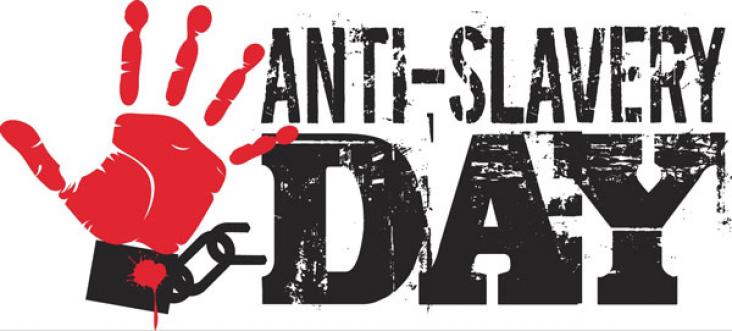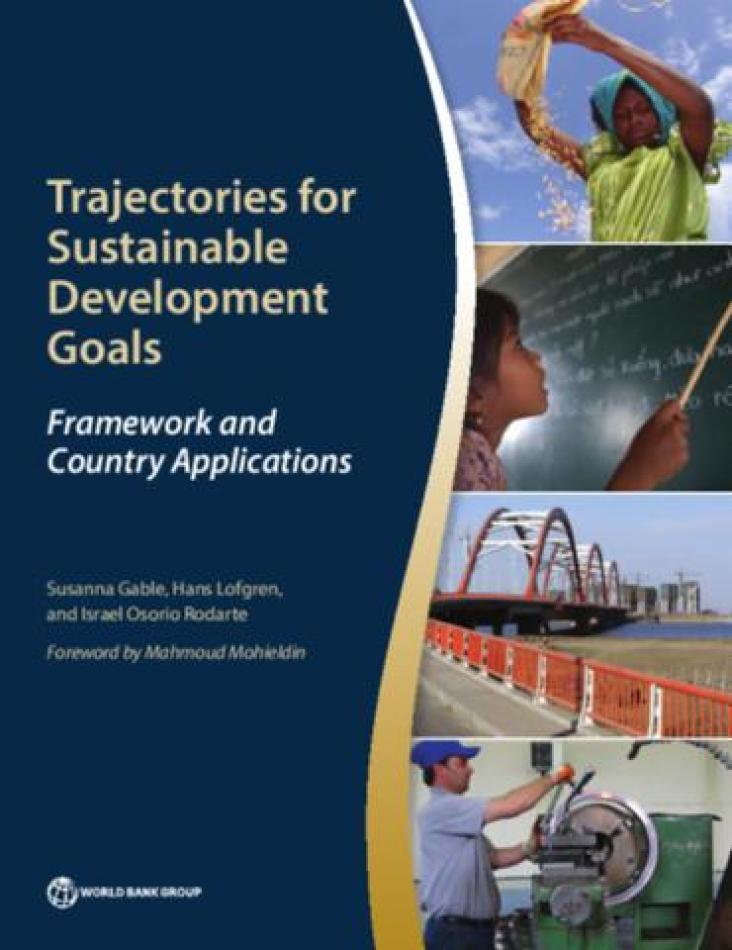
Supporting goal 10 (reduced inequalities), goal 8 (decent work and economic growth) and goal 16 (peace, justice and strong institutions) this blog discusses the fight for social justice and the links with inclusion and decent work for migrants in a global economy.
Elsevier,
Hematology/Oncology Clinics of North America, Volume 32, Issue 1, February 2018, Pages 11-21
This content links with Goal 3: Good health and well-being and Goal 10: Reduced Inequalities by providing a summary of current understanding of the cause, cell types, signaling pathways, and effector cytokines implicated in pathogenesis.

At the World Economic Forum in Davos on Thursday 24 January, Theresa May called on shareholders to put pressure on the companies they invest in to improve their "social impact" supporting goal 10 (reduced inequalities) and goal 16 (peace, justice and strong institutions).
The Government's scheme for individuals to apply for tribunal fees refunds has been rolled out to all applicants, after a "successful opening phase of the scheme". This reduces inequalities between richer and poorer employees and between richer companies and poorer employees contributing to SDG 10.

Modern slavery risks have risen across the world over the last year, including in 20 of the 28 member states of the EU. On Anti-Slavery Day, this blog looks at the increased risks and numbers of victims of forced labour in supply chains, and how to mitigate these risks contributing to goal 8 (decent work and economic growth).

Correspondent banking is the cornerstone of the global payment system, designed to serve the settlement of financial transactions across country borders. It allows companies and individuals to safely move money around the world and supports and encourages global trade. Since the financial crisis, tighter regulations - and in particular the regulatory penalties imposed for violations of anti-money laundering (AML) – have caused western banks to rethink their global strategy. The risks of doing business in many developing nations are beginning to be seen as outweighing the financial benefits brought by correspondent banking activity. As a result, US and European banks have reduced their correspondent banking activity in the riskiest regions.
SDG target 10.3 is concerned with eliminating discriminatory laws. In the UK, it has been successfully argued before an employment tribunal that a discrimination claim - thrown out during the fees regime because the claimant did not pay - should be revived. This sets a precedent for reducing inequalities based on the ability to pay.

The aim of the conference is to examine the evolving expectations, available solutions, measurements and best practices associated with the optimization of research strategies. The theme of the 2017 conference will be "Universities and the Power of Data — Science for a Sustainable Society" and will focus on crucial areas such as sustainability, diversity, and the Power of Data in research. The event helps to advance SDG 4 Quality education and SDG 10 Reduced inequalities.
In the UK, average income growth fell to just 0.7% in the year running up to the general election in June, research from think tank the Resolution Foundation has found. The data illustrates the challenges faced by target SDG 10.1 to progressively achieve and sustain income growth of the bottom 40 per cent of the population at a rate higher than the national average.

This book presents the country development diagnostics post-2015 framework, developed by the World Bank Group to assess the country-level implications of the post-2015 global agenda, as well as brief, ‘at-a-glance’ applications of the framework to ten countries: Ethiopia, Jamaica, the Kyrgyz Republic, Liberia, Nigeria, Pakistan, Peru, the Philippines, Senegal, and Uganda.
